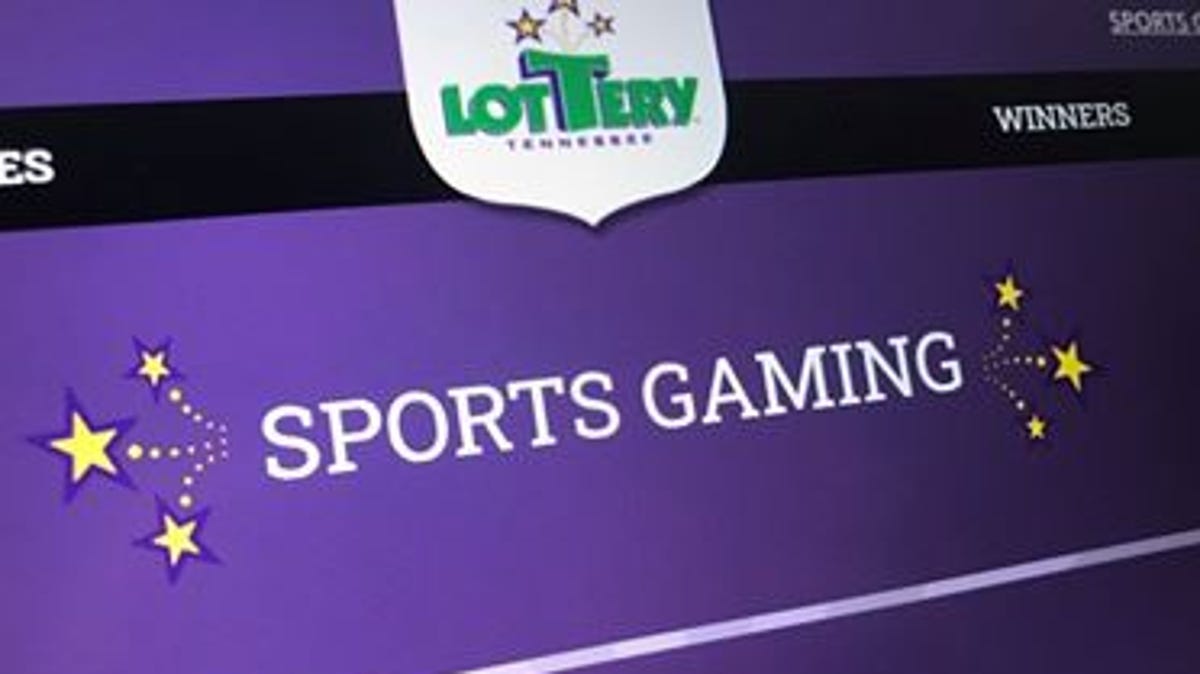Nj Sports Gambling License

What to Know
The NJ sports-betting law requires that there is an 8.5% tax charged on revenue generated from sports-betting in the state. A 13% tax is charged on the revenue from land-based casinos and a 14.25% tax charge on revenue from racetrack related sporting venues. NJ sports betting revenue came in at $58.5 million, good enough for a 26.1% year-over-year increase. Here’s a closer look at a few of the other highlights. NJ sports betting isn’t slowing down. For the year, New Jersey has taken in more than $4 billion in bets, and the last three months have a lot to do with it. Just look at the numbers.
- Another month, another sports betting record in New Jersey. The state's gamblers wagered more than $931 million on sports in November, the latest in a string of monthly records set by a rapidly growing market that’s closing in on the $1 billion-a-month mark.
- It was the fourth month in a row that New Jersey set such a record.
- Atlantic City’s casinos, the three horse tracks that offer sports betting, and the state’s robust internet gambling industry saw nearly $289 million in revenue in November, a figure that does not include money bet on horses.

New Jersey gamblers wagered more than $931 million on sports in November, the latest in a string of monthly records set by a rapidly growing market that's closing in on the $1 billion-a-month mark.
Figures released Monday by the state Division of Gaming Enforcement show New Jersey's sports betting industry set a national record for the most money bet on sports in a month for the fourth consecutive month.
It easily surpassed the $803 million that New Jersey gamblers bet on sports in October.

Sports
Atlantic City's casinos, the three horse tracks that offer sports betting, and the state's robust internet gambling industry saw nearly $289 million in revenue in November, a figure that does not include money bet on horses.
That represented a 5.6% decline from November 2019, before the coronavirus pandemic, when casinos were operating without restrictions. The nine casinos are currently operating at just 25% of capacity and must stop serving food and drinks at 10 p.m. under state mandates designed to help slow the spread of the virus.
“The resurging public health crisis drove down business in Atlantic City during November,” said James Plousis, chairman of the New Jersey Casino Control Commission. “I applaud all of the properties for their continued diligence in adhering to the Governor’s mitigation directives for the safety of their employees and guests. As I regularly tour the properties, I’ve been pleased to see the continuing efforts that are being taken to maintain a clean and safe environment.”
The in-person casinos are seeing their revenue fall significantly amid the restrictions. Revenue from slot machines and table games inside the nine casinos was $146.5 million in November, down nearly 35% from a year earlier.
Hard Rock was up more than 32% to $34.6 million. The Ocean Casino Resort was up 5.2% to $23.7 million.
Declines ranged from 3.2% at Golden Nugget ($35.1 million) to nearly 55% at Caesars ($12.8 million.)
Internet gambling continued to be a bright spot for Atlantic City's casinos, providing nearly $92 million in revenue in November, an increase of nearly 87% from a year ago. Without that money the casinos' finances would have been hit even harder.
Online gambling has continues to grow in New Jersey and elsewhere during the pandemic as some gamblers prefer to take their chances from a phone or laptop rather than in person.
Two internet-only entities saw steep revenue gains in November. Resorts Digital was up 77% to $35.6 million, and Caesars Interactive-NJ was up nearly 76% to $8 million.
Despite the gaudy numbers, very little of the $931 million taken in by the casinos and tracks — called “handle” — represented profit. After sports books paid off winning bets and related expenses, those millions worth of bets generated $50.5 million in revenue for the sports books in November.
About half of that went to the Meadowlands Racetrack in East Rutherford, near New York City, which saw $24.8 million in sports betting revenue for the month. It is affiliated with FanDuel for sports betting. Resorts Digital, which partners with DraftKings, saw $14.6 million.
Monmouth Park Racetrack in Oceanport, near the Jersey Shore, saw $3.1 million in sports betting revenue, and the newest entry into the market, Freehold Raceway, reported nearly $144,000 in revenue in November. It has yet to launch its online sports betting operation in New Jersey; more than 80% of all sports betting is done online in New Jersey.

With online sports betting and gaming now legal in New Jersey, many businesses are seeking to jump into this flourishing industry. However, the regulations require that any company seeking to offer this kind of entertainment be associated with a land-based casino in the state, and that kind of association requires a specific legal status. Companies seeking to do business with a New Jersey casino need either a license or vendor registration, depending on the relationship and type of services they plan to provide.
The definition of “doing business” can be broad. It can apply not only to companies trying to procure an online sports betting license, but to companies offering any services directly related or ancillary to gaming. Companies like game developers, internet hosts, payment processors, and advertising agencies which provide support to online gaming and sports betting all need to obtain either a license or a registration from the state in order to work with a casino in New Jersey.
New Jersey is unique in its approach to online gambling because it has a strong regulatory regime to oversee the heavily-regulated gambling industry. The state’s internet gaming law recognizes three categories of companies that provide services to casinos:
- companies that provide services directly related to the operation of a casino’s gaming activity and thus required to obtain a casino service industry enterprise (i.e. a CSIE) license,
- companies that provide services ancillary to gaming activity and required to obtain an ACSIE (or ancillary CSIE license), and
- companies that provide services to casinos that are non-gaming related and not specifically designed for gaming , which are only required to register as vendors.
In order to obtain a legal online gaming license, companies must pursue a two-prong process of securing a commercial agreement with a land-based casino and completing a rigorous process of financial disclosures and game testing.
Companies that are not providing gambling-related services do not require licensure, but they do need to apply for a vendor identification number and be approved to serve as a vendor to a New Jersey casino. For example, a company that provides general marketing or advertising services for a casino would likely require vendor registration.
Vendor registration is much simpler than licensure and is a relatively straightforward process. First, the vendor obtains the vendor registration form (“VRF”) from the casino with which it seeks to do business. The VRF requests basic corporate information about the vendor and its large stakeholders. The completed form is then submitted by the casino itself directly to DGE.
The vendor then needs to also complete the vendor registration supplemental disclosure form (“VRSF”) within thirty days from the filing of the VRF. There are no fees for filing either form, and they remain valid as long as the companies continue to do business with a casino. Although the registration does not expire at a set time, it will lapse if there is no business activity with the casino for three years.
There are few negative consequences to registering as a vendor with DGE. There is generally no additional compliance burden (other than the initial filing of the VRF and VSRF). However, if the completed VRF is not timely filed, then DGE may prohibit the vendor from conducting any business with a casino licensee by issuing a prohibitory order. A vendor may then resume providing goods or services or conducting business 30 days following the proper filing of its registration.
Vendor registration is also not casino specific. Once a company is approved as a vendor to a casino and receives its vendor registration number, the company can use that vendor registration number to contract with additional casinos and no further filings are required.
While licensure is not required by law, the Director of the DGE may act in his discretion and require a company to obtain licensing even where not mandated by law or regulation. The Director is more likely to request such an application where the vendor applicant retains some connection to gambling activity, such as an online advertising company that has a financial interest in the outcome of the referrals that it sends to the casinos.
Although some limited forms of marketing or advertising services would only require vendor registration, a partnership with a land-based provider that is based on a revenue share agreement is likely to require full licensing and a company would thus need to complete and submit the lengthy application.
Nj Sports Gambling License Renewal
For more information on licensing and registration for companies supporting online gaming, contact Ifrah Law.